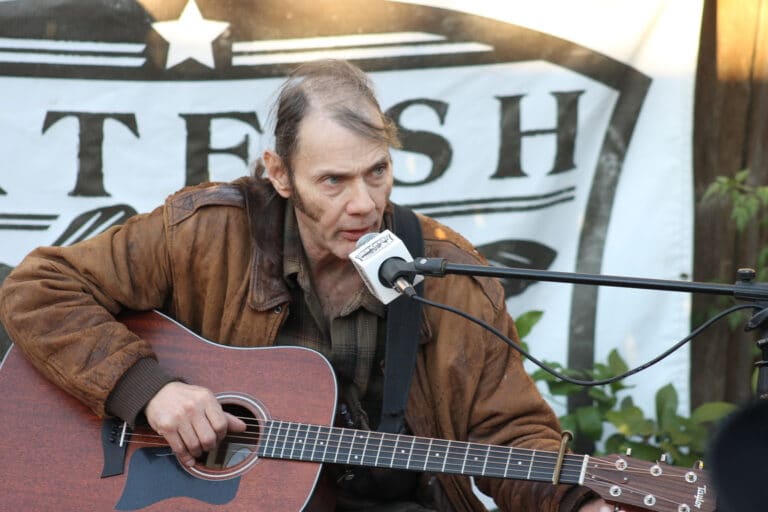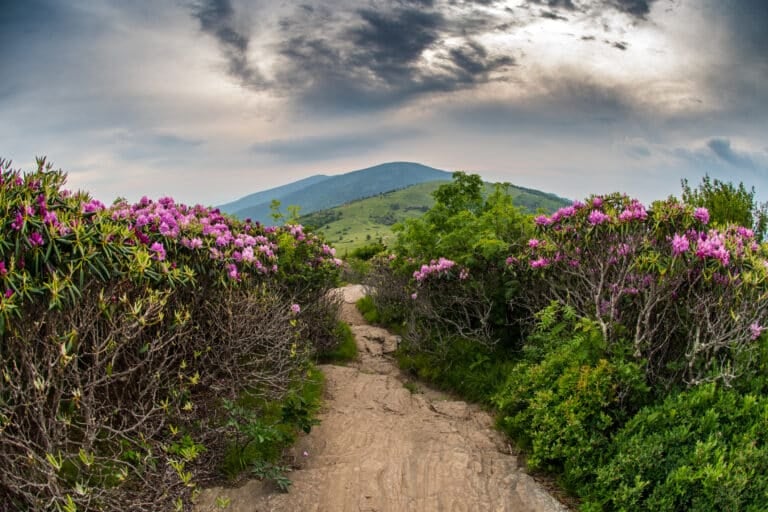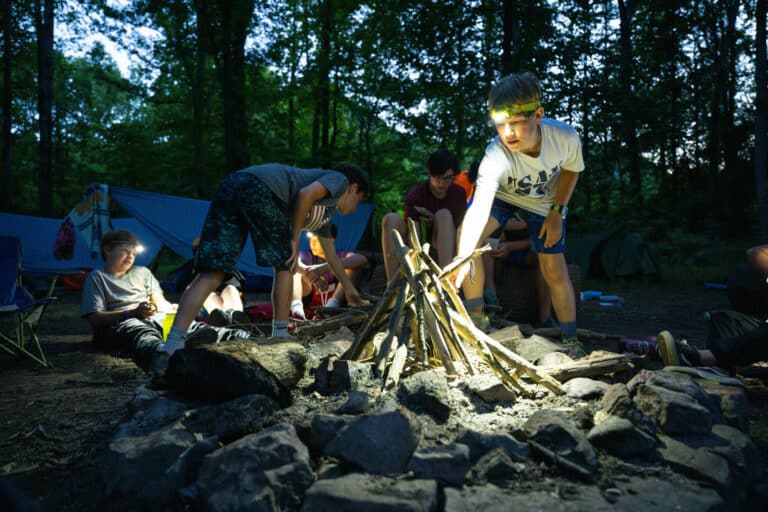by Leanord Adkins
Food. It may be the most important item you carry in your backpack, for without it you won’t have the energy to get over the next rise and make use of all the other gear you’ve brought along.
It can also be a major hassle. You have to decide what to bring, how to make it taste appealing, how to package it, and how to cook it. Once you’ve eaten, there is the messy cleanup. In summer, you may have to use precious water to wash out pots. It winter temperatures, you have to immerse your hands and fingers into the water, an exercise that could almost qualify as masochism at that time of year. To top it off, food is just downright heavy.
To the rescue comes Bill McCartney and his book, Travel Light, Eat Heavy. Published in 2005, the book provides two weeks worth of breakfasts, lunches, snacks (he calls them trail boosters), dinners, and desserts. So that you are eating a diet geared toward heavy physical activity, each day’s worth of food averages out to about 50% carbohydrates, 35% fat, and 15% protein. If you follow the meal plan exactly, you will consume close to 3,000 calories daily, the amount McCartney says the average male hiker needs. He also provides a conversion chart to make the daily consumption only 2,100 calories for women and those who wish to eat less. (Bill, a hint for the next edition-how about doing all of that for us and including the information in the body of the text?) For men, that averages out to 1.8 pounds of food a day, for women it is only 1.2 pounds.
All ingredients are readily found at your local grocery store and, other than weighing them, no further peeling, chopping, dicing, dehydrating, or preparing is necessary. Best of all, for all meals, cooking at camp involves nothing more that boiling water (another significant weight savings by using very little fuel) and pouring it into the zippered plastic bag you’ve carried the meal in. Eat out of the bag, fold it up, and carry it out. That’s it, no cleaning pots or worrying about environmentally disposing of dirty wash water. Sort of like prepackaged freeze-dried meals, but way, way cheaper.
Following his guidelines, Laurie and I have eaten McCartney dinners on our last three weeklong outings. (We still like our own breakfasts, lunches, and snacks.) My favorite is Curried Cashew Rice, while Laurie likes the Three Cheese Tortellini. Like all cookbooks, you won’t necessarily enjoy every recipe presented. Some you will reject outright, some you will adapt to your own liking, and some you’ll try, but never, ever eat again. (To me, the reconstituted Shitake mushrooms smell like dirty hikers’ feet.)
The cost of $17.76 for the thin volume seems a bit pricey, but if you order directly from McCartney’s website, www.travellighteatheavy.com, he will send you two for the cost of one. You and a buddy can split the charge and both of you will benefit with better tasting camp meals, easier cleanup, and lighter packs.







